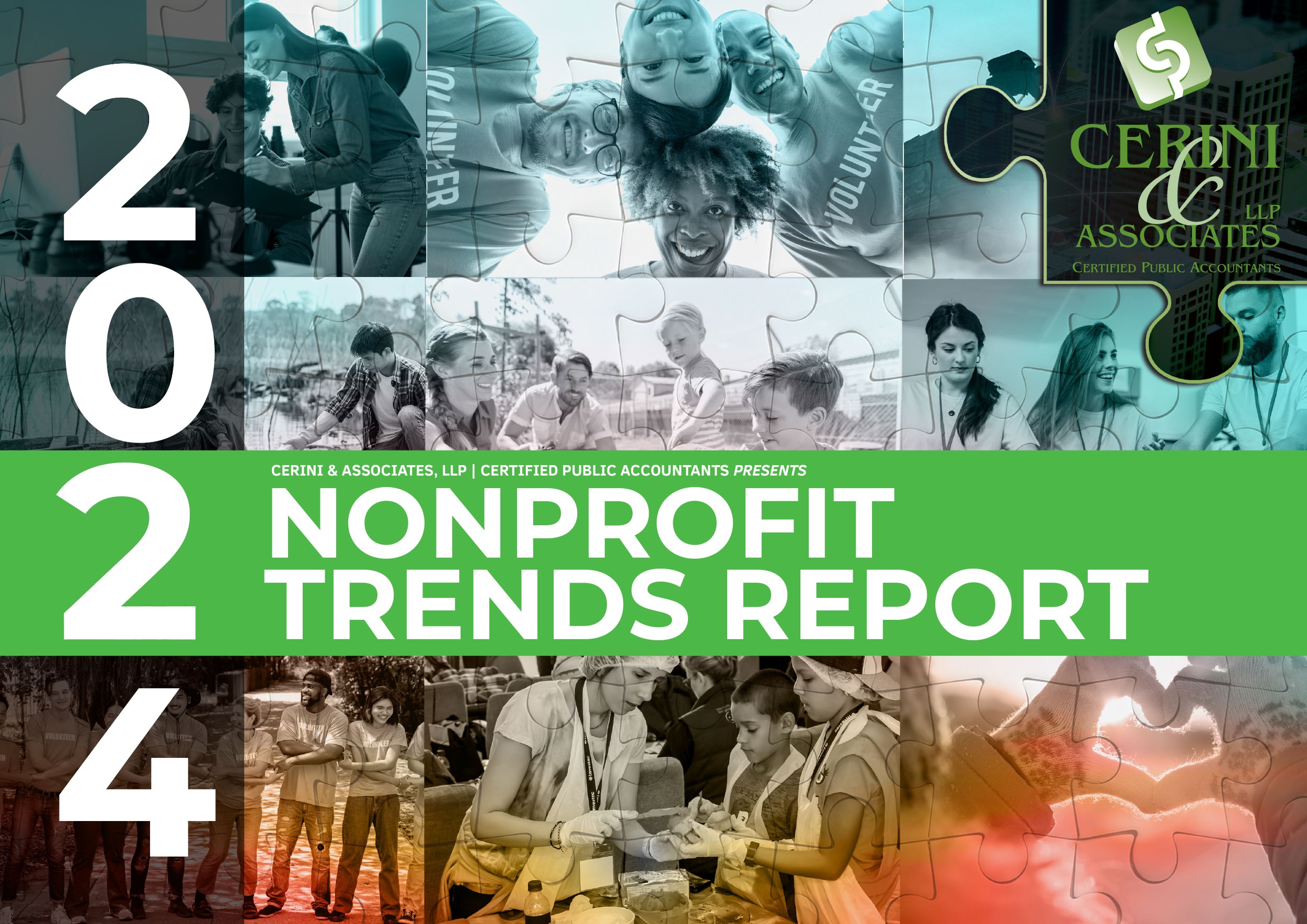In today’s digital age, with nearly 4 billion social media users worldwide, nonprofit organizations have a golden opportunity to connect with a vast online audience. Leveraging social media can facilitate fundraising, volunteer recruitment, and storytelling to turn readers into followers.
WHY SHOULD NONPROFITS USE SOCIAL MEDIA?
With the massive user base on social media platforms, nonprofits can significantly benefit from online engagement. Social media allows organizations to:
1.) BUILD TRUST:
Demonstrate authenticity and industry knowledge to build trust with followers.
2.) PROMOTE EVENTS:
Share details about in-person or virtual events, from galas to panel discussions.
3.) EXPAND REACH:
Connect with new audiences and share your mission with a broader community.
4.) FUNDRAISING:
Utilize social media fundraising features on platforms like Facebook and Instagram.
Moreover, engaging with nonprofits on social media often leads to action, with 55% of individuals taking some form of action and 59% making donations.
CHOOSING THE RIGHT SOCIAL MEDIA PLATFORM:
Rather than being on every platform, select one or two that cater to your target demographic. Consider:
- Specific Goals: Define clear and specific goals for your social media strategy.
- Measurable Objectives: Use platform analytics to measure progress.
- Attainable Goals: Ensure goals are realistic within your time, budget, and resource constraints.
- Relevant Goals: Align goals with your organization’s mission and long-term plans.
- Time-Based Deadlines: Set deadlines to stay focused and motivated.
For an effective strategy, break down SMART goals for both the year and specific campaigns.
DEVELOPING A SOCIAL MEDIA CONTENT STRATEGY:
Getting started on social media involves developing a robust content strategy. Follow these key steps:
1.) SET OBJECTIVES:
Clearly define your organization’s goals for being on social media.
2.) IDENTIFY YOUR AUDIENCE:
Understand your current and desired audience to tailor content effectively.
3.) DEVELOP A TONE AND STYLE GUIDE:
Establish consistent branding across all communication channels, maintaining a clear and recognizable identity.
4.) CREATE A CONTENT CALENDAR:
Plan posts in advance, considering timing and engagement for consistent and successful strategies.
SOCIAL MEDIA WORKFLOW FOR CONTENT CREATION:
Outline a content creation workflow to track tasks from brainstorming to post scheduling. This process informs your content calendar and serves as a tool for team management, collaboration, and analysis.
- Define Tasks: Identify tasks from brainstorming to scheduling posts.
- Assign Tasks: Allocate tasks to team members with defined timelines.
- Facilitate Collaboration: Encourage collaborative work sessions, community engagement, and peer reviews.
- Archive and Analyze: Utilize the workflow for archiving and reporting purposes.
PREPARING SOCIAL MEDIA CONTENT IN ADVANCE:
Decide how far in advance to prepare content, recommending at least 3-4 weeks to gather assets, write copy, get approvals, and plan community management strategies. Align your planning timeline with your workflow steps.
ENSURING TEAM COLLABORATION:
Make your social media calendar easily accessible and editable for team members. Encourage collaboration and maintain a tidy calendar by adding sections for comments, questions, and notes.
BEST PRACTICES FOR RUNNING SOCIAL MEDIA FOR NONPROFITS:
Enhance your nonprofit’s social media presence with these best practices:
- Share Stories of Impact: Illustrate the direct impact of your work through powerful stories.
- Post Shareable Content: Encourage followers to share your content to reach new audiences.
- Check Other Nonprofit Organizations for Inspiration: Learn from successful nonprofit strategies and adapt them to your needs.
MEASURING SUCCESS AND RUNNING EFFECTIVE CAMPAIGNS:
Experiment and monitor different post types to determine what works best. Utilize analytics provided by social media platforms to measure engagement, track likes, comments, new follows, views, video metrics, and click-through rates.
Social media can be a game-changer for nonprofits, providing a powerful tool to achieve goals and reach new audiences. While building an effective social media plan requires trial and error, patience, and adaptability, the benefits for expanding your organization’s reach and deepening connections with donors and stakeholders are well worth the effort. With these resources and insights, nonprofits can run impactful and successful social media strategies.

THIS ARTICLE WAS ALSO FEATURED IN OUR 2024 NONPROFIT TRENDS GUIDE. READ THE ARTICLE AND MUCH MORE RELATED CONTENT HERE!

Kelli-Anne Cerini
Marketing Manager
Kelli-Anne is a Manager for Cerini & Associates’ marketing staff. She oversees all marketing and communications efforts for the firm. Kelli-Anne is heavily involved in firm operations, recruitment, and development. She work’s with the firm’s various services areas and management team to define and meet growth goals, as well as working to help organize and promote the Long Island and New York City Imagine Awards.




No comment yet, add your voice below!